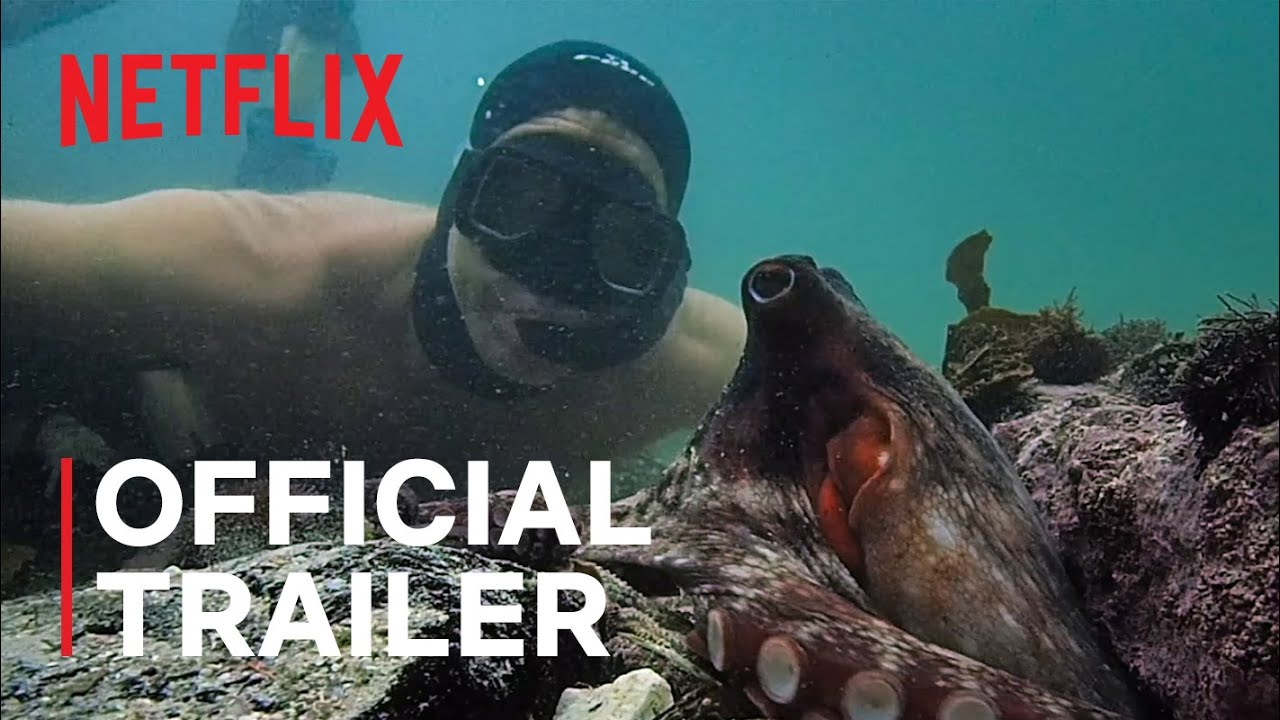The Best Documentary Feature gong for My Octopus Teacher at this year’s Academy Awards has been seen by many critics as the type of underdog story Oscar loves. The film, directed by Pippa Erlich and James Reed, was—like the other South African-themed documentary to wow the Oscars, Searching for Sugarman—the feel-good choice.
The story of a man and his relationship with an octopus in the cold, cold water off Cape Town’s peninsula triumphed over a number of heavy hitters. These included an exposé of hospital deaths caused by corruption in the Romanian government (Collective) and the Obama-produced story of the battle for disability rights in the US (Crip Camp).
So what carried the underdog to victory? And what does this mean for film-making in South Africa? Will this sensational viral hit spawn “a trail of comparable works in its wake?â€
The answer to why it won lies in a series of interconnected factors: the power of Netflix, the zeitgeist of the global Covid-19 lockdown, the Academy’s idiosyncratic nature when it comes to voting, and the power of a well-made film with a simple and life-affirming story.
The answer to what impact it will have is more complicated: we think it could lead to wonderfully positive outcomes. But only if marginalized South Africans have agency and power in front of and behind the cameras.
Read Quartz Africa

Oscar-Winning “My Octopus Teacher†Is a Complicated Success for South Africa
Comments
One response to “Oscar-Winning “My Octopus Teacher†Is a Complicated Success for South Africa”
-
[…] Source link […]
Discover more from Swimmer’s Daily
Subscribe to get the latest posts to your email.

Leave a Reply